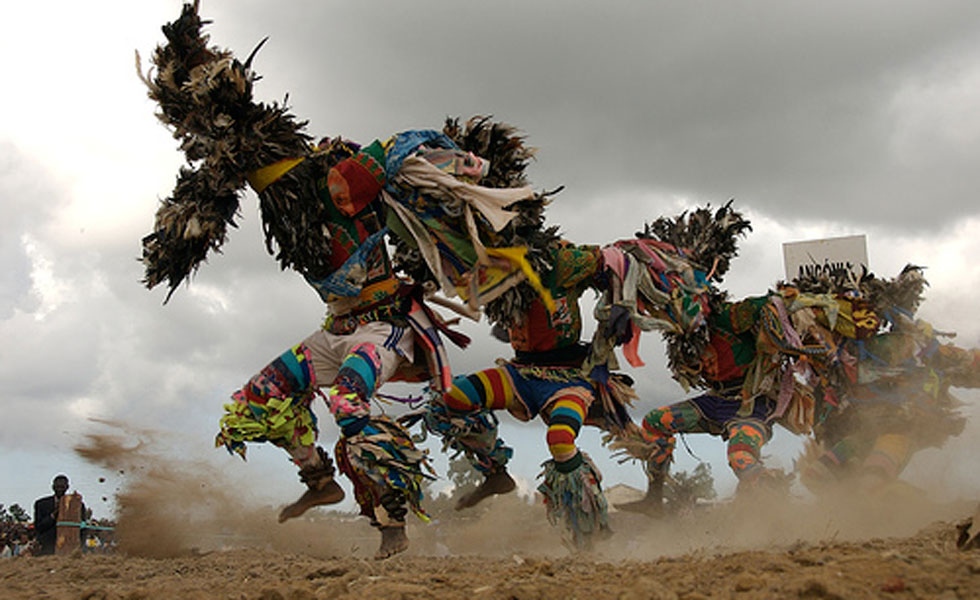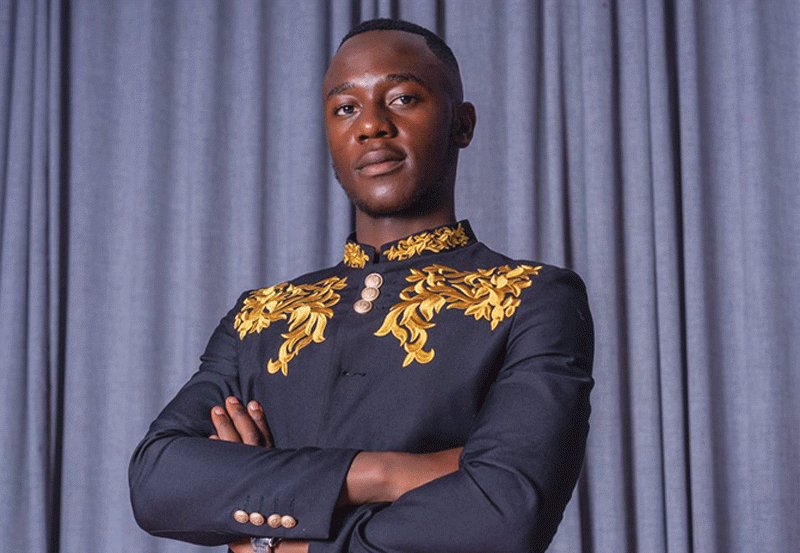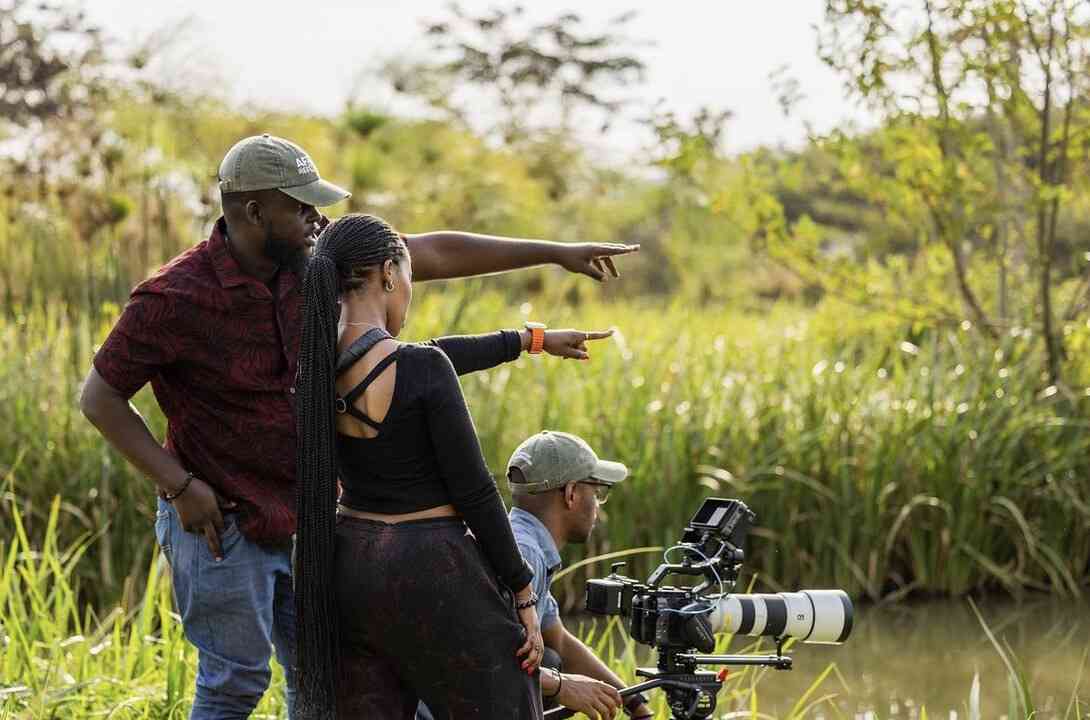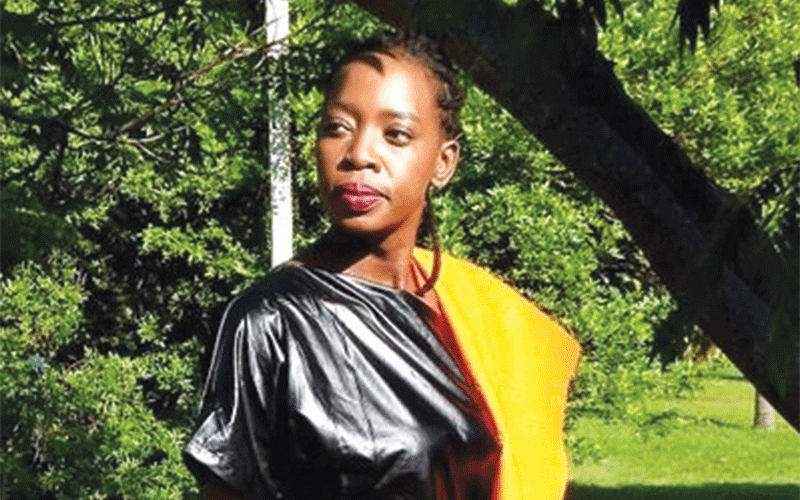
MANY people wonder what the Gure culture is all about. Nyau culture is a secret society of the Chewa, a tribe of the Bantu people from Central and Southern Africa who observe a series of secret rituals which are associated with their society — a secret brotherhood.
Report by Winstone Antonio
NewsDay Leisure had a heart- to-heart conversation with a Gure or Nyau mentor recently at Solar Farm in Stapleford where different Nyau dance groups had gathered for a dance competition.
In years gone by, they were so secretive that no one could come close to understanding them, but of late they have been coming out of their shells, entertaining people almost every weekend with their music and dance.
Misconceptions are abound that the culture is associated wiAth witchcraft and allegedly used maliciously to hurt people.
Interestingly, some of the myths are that before graduating, one has to spend a night at the cemetery, eat raw chicken or that when one falls while being chased by a Nyau dancer and gets injured, the wound will not heal.
It is hard to imagine a normal being living at a cemetery for a week in order to become a member of a cult to safeguard their lives and property.
Despite stern threats and intimidation, the reporter managed to hook up with one of the Nyau mentors who preferred to remain anonymous and vehemently squashed these unfounded rumors as mere allegations. However, he could not disclose why the dancers wear masks and dress like females as it is taboo in their culture to reveal such information.
- Chamisa under fire over US$120K donation
- Mavhunga puts DeMbare into Chibuku quarterfinals
- Pension funds bet on Cabora Bassa oilfields
- Councils defy govt fire tender directive
Keep Reading
On the contrary, he said they are actually people with herbs, but not witches. He also stated that Gure is a religion just like Islam or Chewa, but unfortunately unlike other African cultures, the Nyaus do not believe in God and they do not allow their members to go to church.
However, just the mere sight of a Nyau dancer is adequate to trigger a stampede by the timid, that one is prone to accept as true that they use weird powers.
Despite their fancy footwork and dazzling waist-wriggling dances, their appearance, a masked caricature of a human being or animal is so skillfully sculptured it easily sends the weak-hearted scampering for cover.
With research showing that Gure culture originated from Malawi in a village called Dedza with the name Gure being derived from “Gure WaMukulu”, the culture spread to Zambia, Zimbabwe and Mozambique.
Nyau dance was originally a way of commemorating ancestral events or was performed at functions like funerals of members. In Zimbabwe, the Gure culture has become abundant in mining and farming communities since these are areas where most of the migrants originally settled as cheap labour.
Fascinatingly, the Nyau culture has stood the test of time despite most of them forgetting many aspects of their culture and even their language, but their culture of dancing on the streets lives on and they keep the nitty-gritties of it a closely guarded as a secret.
At present the recruitment process to become a member of the Nyau culture is now open to everyone, but another member who also spoke on condition of anonymity said the training is too demanding and gruesome.
“For one to become a member he or she would be beaten thoroughly so as to strengthen him physically. The new recruits are taken to the cemetery for at least a week where they are taught various dancing styles and they are then given charms to strengthen them, in what is called the “Mankwara”, he said.
“An elder in this culture takes the boys from their homes sometimes without parental consent to a forest referred to as Dambo blind-folded in the event of those who may want to escape and will be then released after three months from the Dambo.
“After three days blinds are removed. The elders teach them about respect for their parents, not to enter their parents’ bedroom or the kitchen area opening pots, dishing their food, only to mention but a few,” he added.
The source also revealed that during the period the boys are in camp they are circumcised and on their release from the Dambo they are not allowed to talk to anyone or eat anything for two weeks unless they are given money.
The girls are not spared either. They go to Chinamwali where they are taught about handling their homes when they get married by elder women referred to as Nyamukungu.
Nyau dances were originally performed outside villages unlike what is done nowadays as they dance where the ceremonies are held with people throwing some money for them.
In Zimbabwe, the myth is no longer frightening as the different Nyau groups engage in public competitions sponsored by Jibilika or Chibuku Breweries through the Neshamwari cultural dance competitions.











